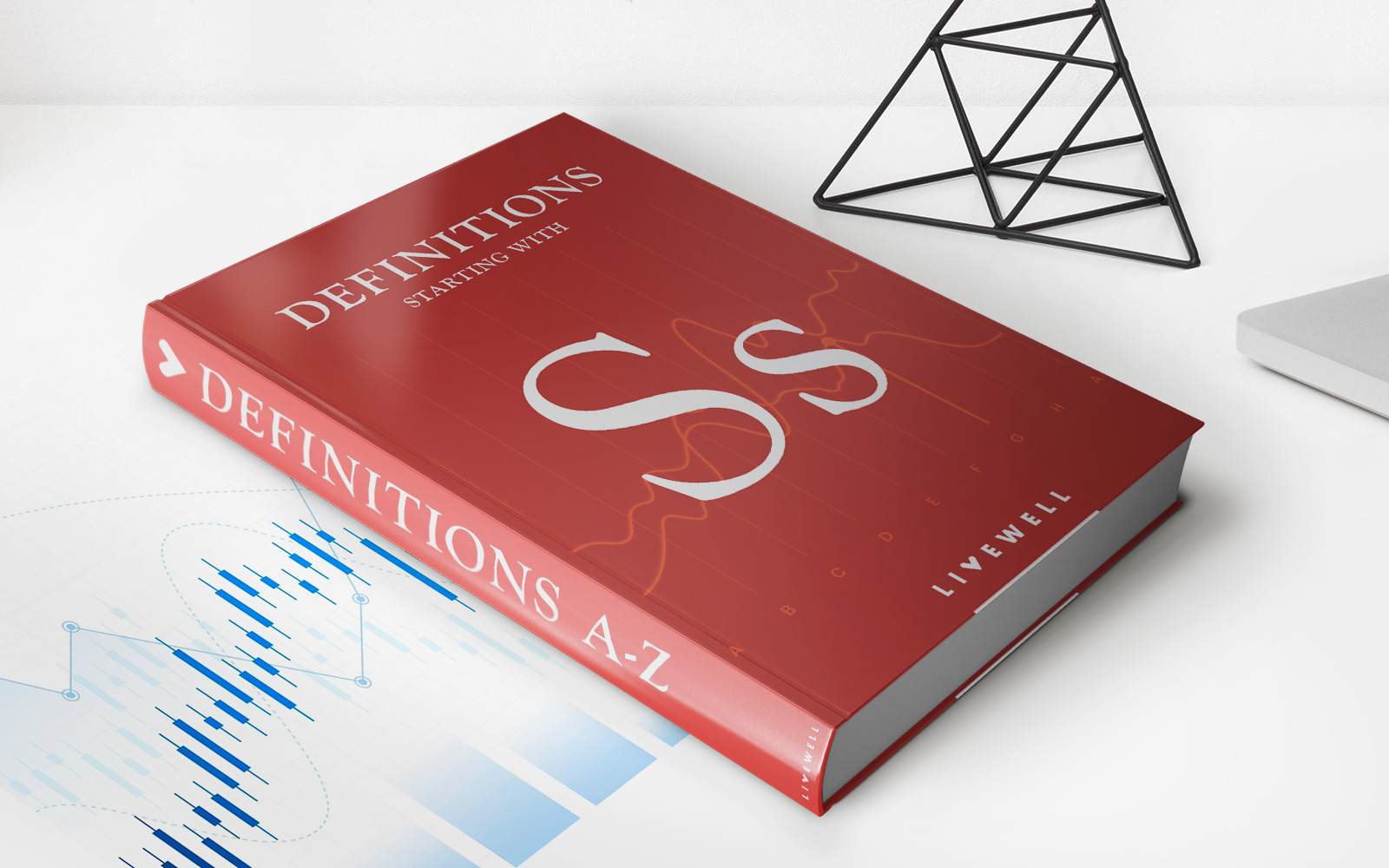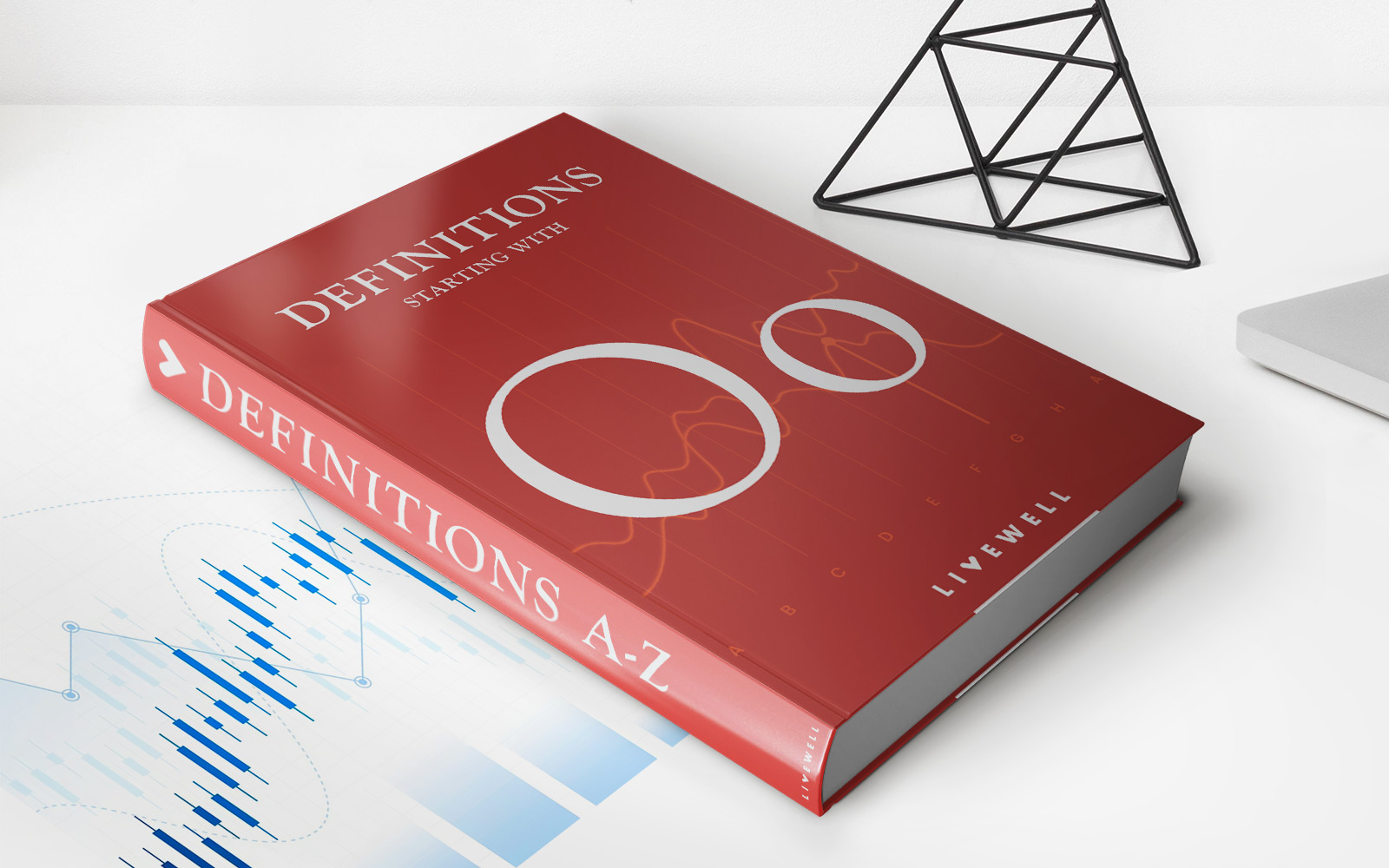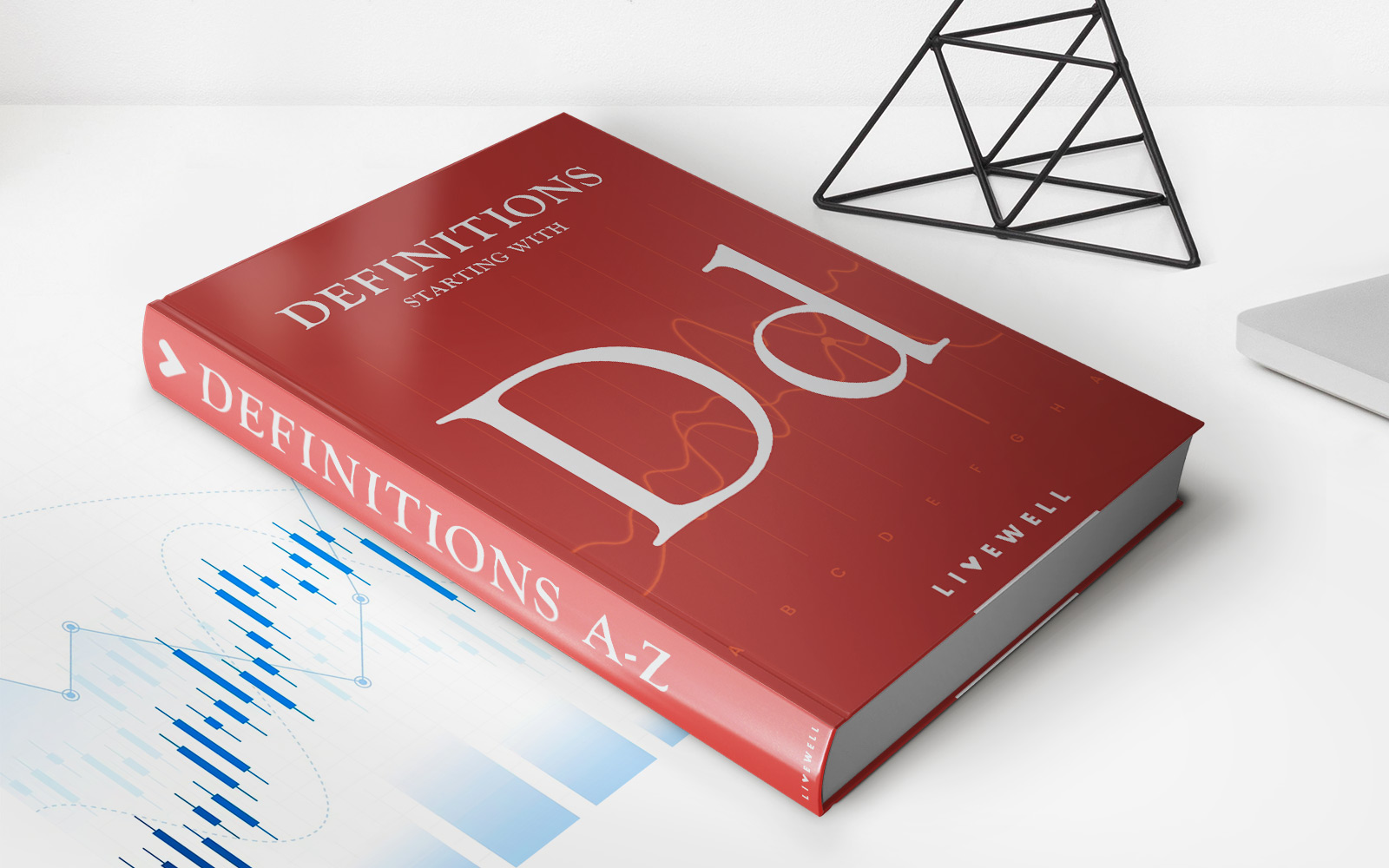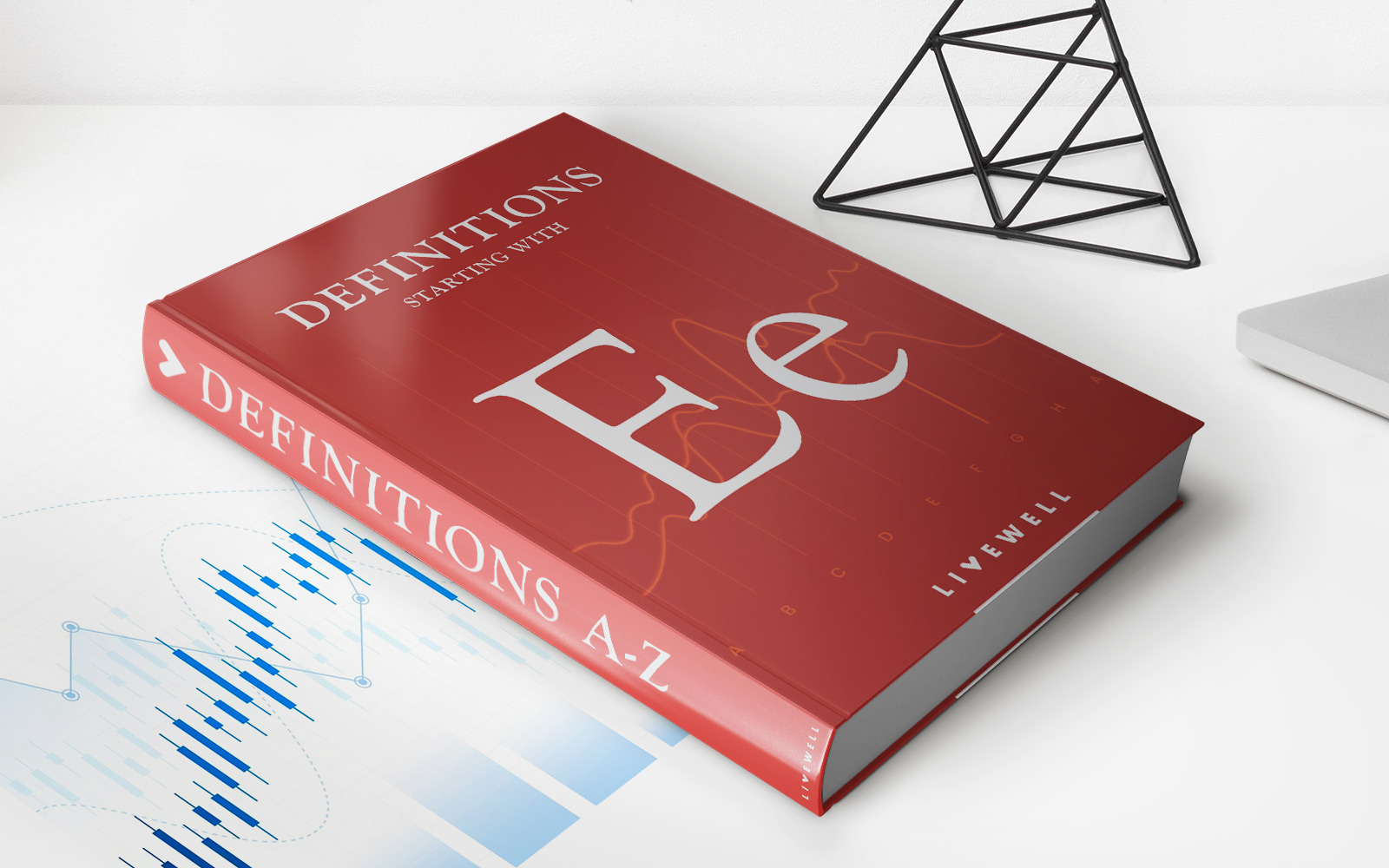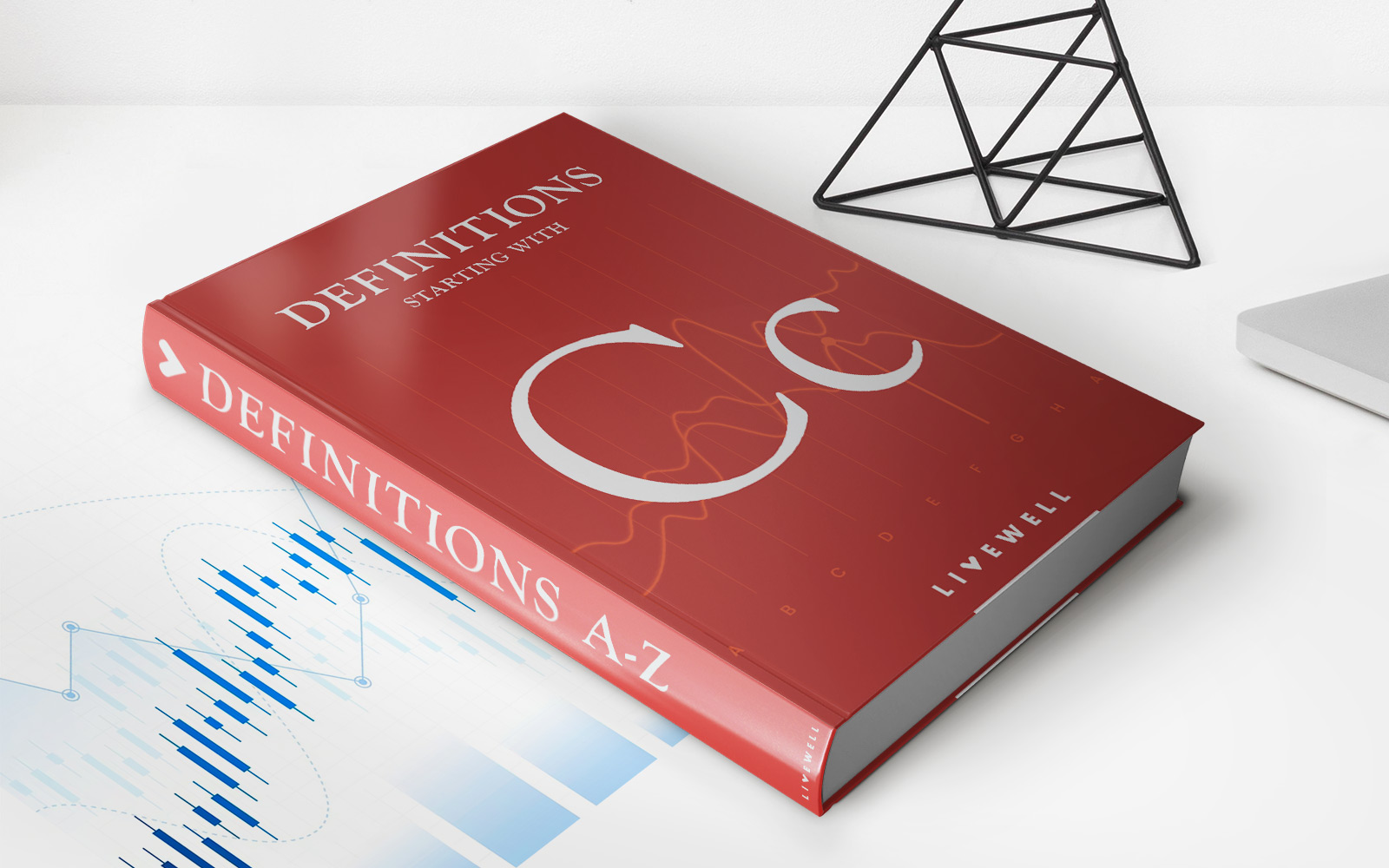Home>Finance>Equity-Efficiency Tradeoff: Definition, Causes, And Examples
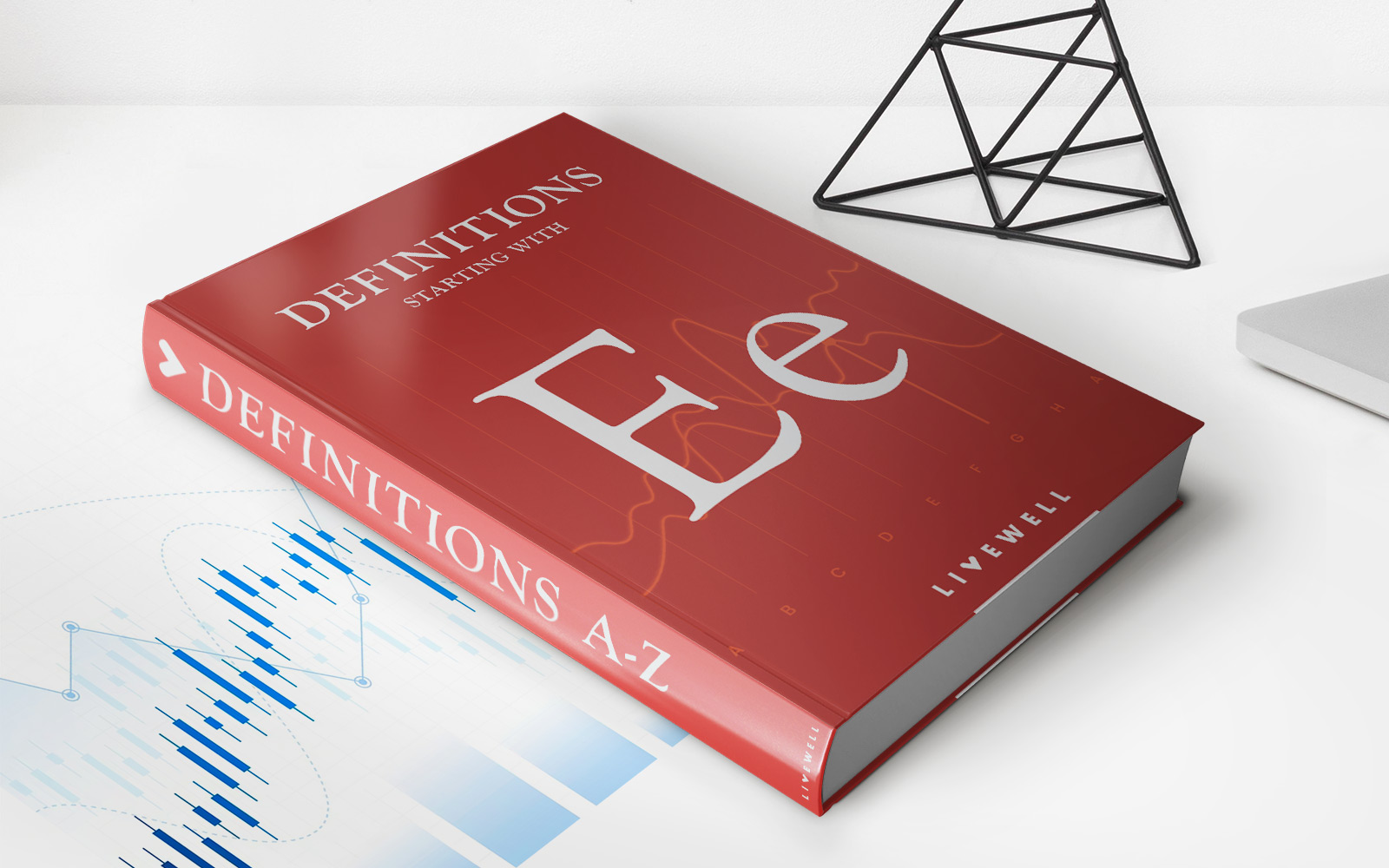

Finance
Equity-Efficiency Tradeoff: Definition, Causes, And Examples
Published: November 18, 2023
Learn about the equity-efficiency tradeoff in finance, its definition, causes, and real-world examples. Understand how balancing equity and efficiency can impact financial outcomes.
(Many of the links in this article redirect to a specific reviewed product. Your purchase of these products through affiliate links helps to generate commission for LiveWell, at no extra cost. Learn more)
Understanding the Equity-Efficiency Tradeoff: Definition, Causes, and Examples
When it comes to managing finances, it is essential to strike a balance between equity and efficiency. The equity-efficiency tradeoff is a concept used in economics and finance to describe the delicate balance between ensuring fairness and maximizing productivity within an economic system. In this article, we will delve into the definition, causes, and examples of the equity-efficiency tradeoff, helping you gain a deeper understanding of this crucial aspect of financial management.
Key Takeaways:
- The equity-efficiency tradeoff refers to the delicate balance between ensuring fairness and maximizing productivity in an economic system.
- Causes of the equity-efficiency tradeoff include differences in wealth distribution, government intervention, and market dynamics.
Defining the Equity-Efficiency Tradeoff
The equity-efficiency tradeoff arises from the fact that achieving perfect equity throughout an economic system can result in a loss of efficiency, while pursuing maximum efficiency can lead to inequitable outcomes. Equity refers to the fair distribution of resources and benefits among individuals, while efficiency focuses on the ability to produce the greatest output using the least amount of resources.
The challenge lies in finding the right balance between these two objectives. Striving for total equity may require extensive redistribution of resources, which can curb productivity and hinder economic growth. Conversely, overemphasizing efficiency could widen income gaps and create social disparities.
Causes of the Equity-Efficiency Tradeoff
The equity-efficiency tradeoff is influenced by various factors, including:
- 1. Wealth Distribution: Societies with significant disparities in wealth distribution face a more substantial equity-efficiency tradeoff. Redistribution policies, such as progressive taxation or welfare programs, aim to address this tradeoff by promoting greater equity at the expense of some efficiency.
- 2. Government Intervention: Government policies and regulations play a vital role in managing the equity-efficiency tradeoff. Stricter regulations to safeguard consumer rights and worker protections may enhance equity but could place a burden on businesses, affecting productivity and economic growth.
- 3. Market Dynamics: In free-market economies, market forces predominantly determine the allocation of resources. However, unfettered markets can lead to income inequality. Government intervention can help address equity concerns, but excessive regulation can hamper efficiency.
Examples of the Equity-Efficiency Tradeoff
To better understand the equity-efficiency tradeoff, let’s consider a couple of examples:
- Example 1: Minimum Wage: Implementing a higher minimum wage aims to provide workers with fair compensation, ensuring equity. However, this policy may result in job losses or reduced hours as businesses face higher labor costs, impacting efficiency.
- Example 2: Healthcare: Expanding access to healthcare services can enhance equity by providing affordable care to all individuals. Nevertheless, funding these programs may require increased taxation, potentially burdening the economy and affecting efficiency.
It is important to note that the equity-efficiency tradeoff is not a one-size-fits-all phenomenon. Different societies, economies, and industries have unique characteristics and priorities, leading to varying tradeoffs. Striving for an optimal balance can help achieve a more sustainable and inclusive economic system.
Wrapping Up
The equity-efficiency tradeoff is a vital consideration in finance and economics. Balancing equity and efficiency promotes stability and fairness within an economic system, ensuring that resources are allocated in a manner that benefits all members of society. By understanding the causes and examples of this tradeoff, individuals and policymakers can make informed decisions that strike the right balance between equity and efficiency.


